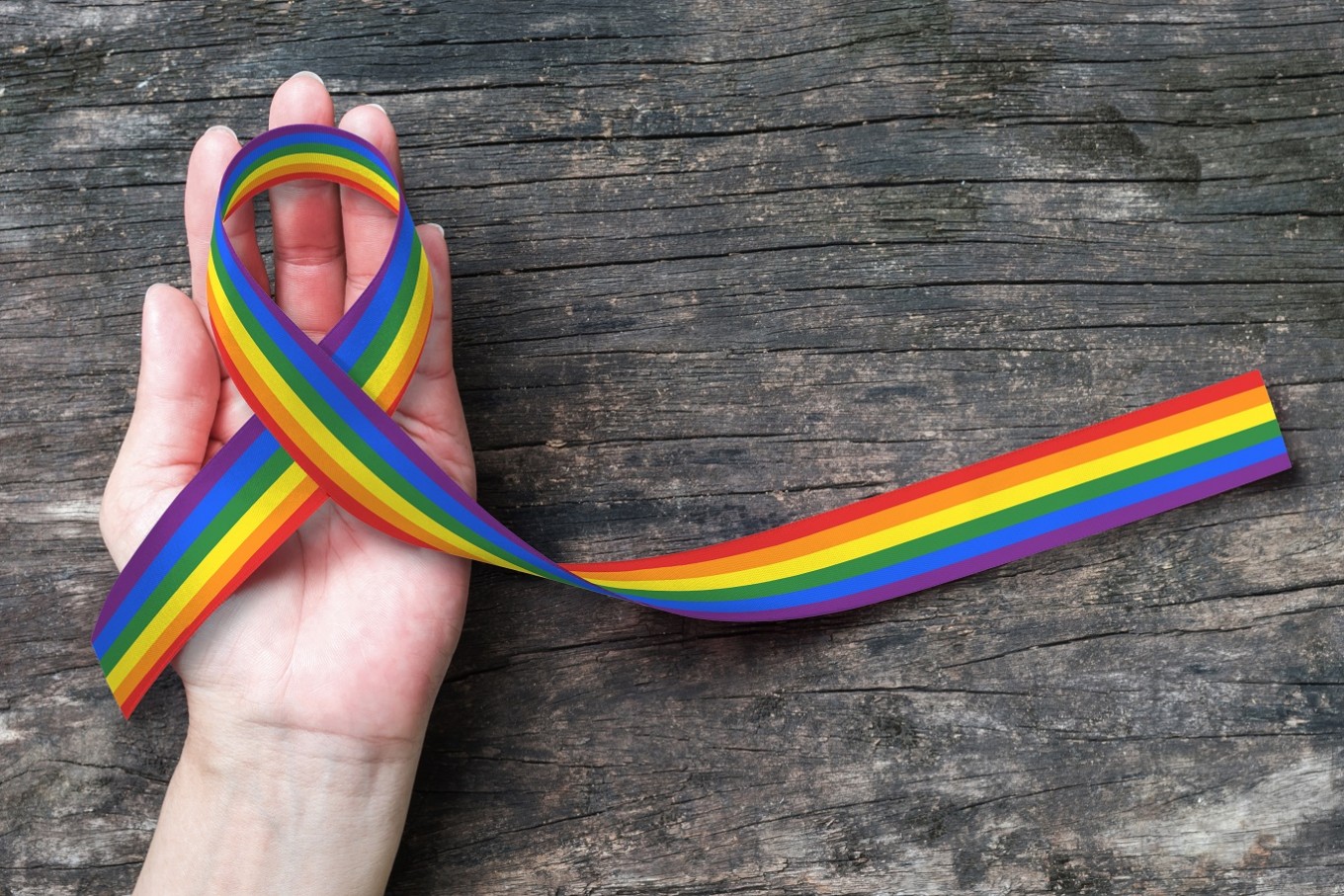
The Involvement of LGBT people in HIV projects
LGBT people are more vulnerable to HIV because of the prevailing stigma and discrimination in society. The isolation of these people due to societal pressures often prevents them from receiving the information they need about their health care, appropriate medical services and support from both , state and private institutions, ”says Artyom Movsesyan, Coordinator of the HIV Prevention Project․
World AIDS Day is marked on the 1th of December. The registration of cases of human immunodeficiency virus infection in Armenia started in 1988. From 1988 to December 31, 2019, 3785 cases of HIV infection were registered among the citizens of the Republic of Armenia. It is difficult to say what percentage of that number are LGBT people: According to Hmayak Avetisyan, an employee of the HIV project, due to the intolerance of the medical staff, many LGBT people avoid visiting medical institutions and using services, so they are left out of the general order.
Since 2007, New Generation Humanitarian NGO has been carrying out HIV prevention projects in support of the implementation of the National HIV / AIDS Response Project in the Republic of Armenia by raising awareness on HIV and AIDS prevention.
“New Generation Humanitarian NGO is one of the most active organizations in Armenia in the field of public health care and access to services. The organization implements HIV prevention projects throughout Armenia. The projects are funded by the Ministry of Health with the financial support of the Global Fund to Fight AIDS, Tuberculosis and Malaria, as well as the Elton John AIDS Fund. With the financial support of both foundations, HIV prevention activities are carried out among MSM, CSW, LGBT և PWID people in Armenia.
Projects perform several functions at once. From testing of MSM, WSW, LGBT, PWID people to training of the staff working in medical institutions of Armenia.
“Our organization conducts regular capacity building courses and trainings for doctors of Armenian medical institutions, which contributes to the development of a more tolerant, non-discriminatory attitude towards LGBT people,” says Hmayak Avetisyan.
Sergey Gabrielyan, President of the New Generation Humanitarian NGO, says that LGBT people trust them because the confidentiality of personal data of the test taker is ensured.
“We never publish the names of people with HIV-positive status, that’s why people trust our outreach workers more than the medical workers, especially in small communities, when everyone knows each other and the information spreads very quickly. It turns out that it is more convenient for a person taking an HIV test to take it in a safe and secure environment. ”
According to Artyom Movsesyan, the coordinator of the HIV Prevention Program, the stigma and discrimination in medical institutions against LGBT people is preventing them from fully accessing other HIV-related services.
According to Artyom Movsesyan, there are also gaps in the legal field․
In order for LGBT people to have full access to medical care and other rights, they must first be protected by law. There is no separate law on the prohibition of discrimination in Armenia, which has a negative impact on the protection of the rights of LGBT people. The draft law of the Republic of Armenia “On Ensuring Equality” was put into circulation in 2018, which has not been adopted yet. However, it is incomplete, as it lacks provisions prohibiting discrimination based on sexual orientation and gender identity.
In addition to the legal provisions, there is a problem with the lack of qualified specialists working with vulnerable groups.
Davit Hovhannisyan, an employee of the HIV response project, is able to find LGBT, WSW, and MSM people who need to be tested with the help of social networks. Later, after gaining the trust of those people, they are able to attract other people who also need to be tested.
Hmayak Avetisyan explains the process this way: “LGBT people are usually informed about their preliminary positive status by the trained outreach workers of our organization. Experience shows that community members prefer peer-to-peer counseling to going to medical institutions. Outreach workers are required to have sufficient sensitivity and ability to orient themselves quickly in order to convey this shocking news to the beneficiaries. The final positive status is confirmed at the National Center for Infectious Diseases of the RA Ministry of Health, where the beneficiary is provided with comprehensive medical, psychological and legal professional assistance. ”
Sergey Gabrielyan president of the “New Generation” Humanitarian NGO, added at the end that one of their goals is to include LGBT people in the development of state response projects, because only a person with a problem can more clearly present the issues that concern him/her.
The compilation and publication of this material has become possible within the framework of the project on Capacity Building and Empowerment for Protection of LGBTI Human Rights in Armenia implemented by New Generation Humanitarian NGO with the financial support of the Norwegian Helsinki Committee. The contents of this article are the sole responsibility of the author, and do not necessarily reflect the views of New Generation Humanitarian NGO or the Norwegian Helsinki Committee.




